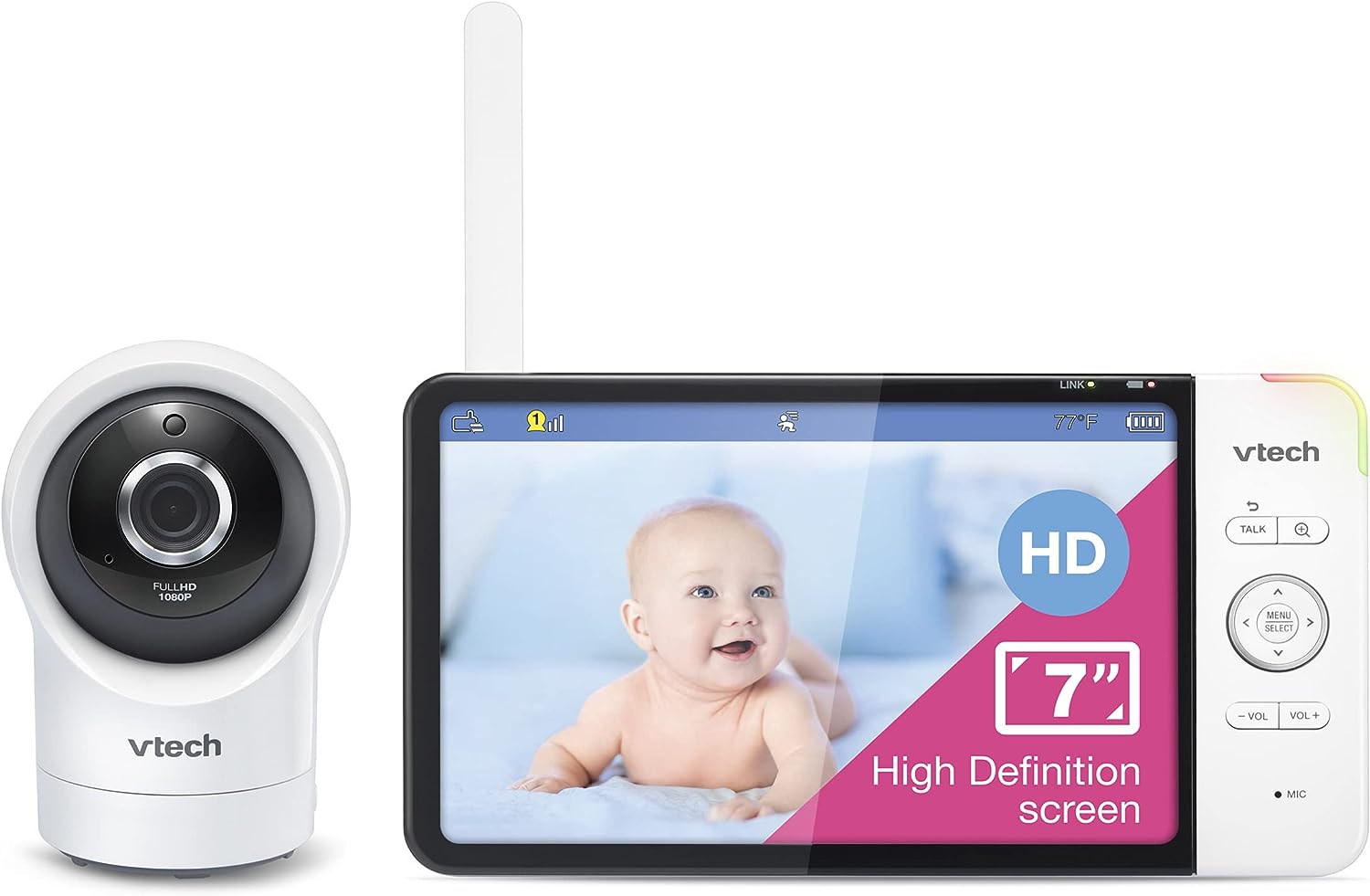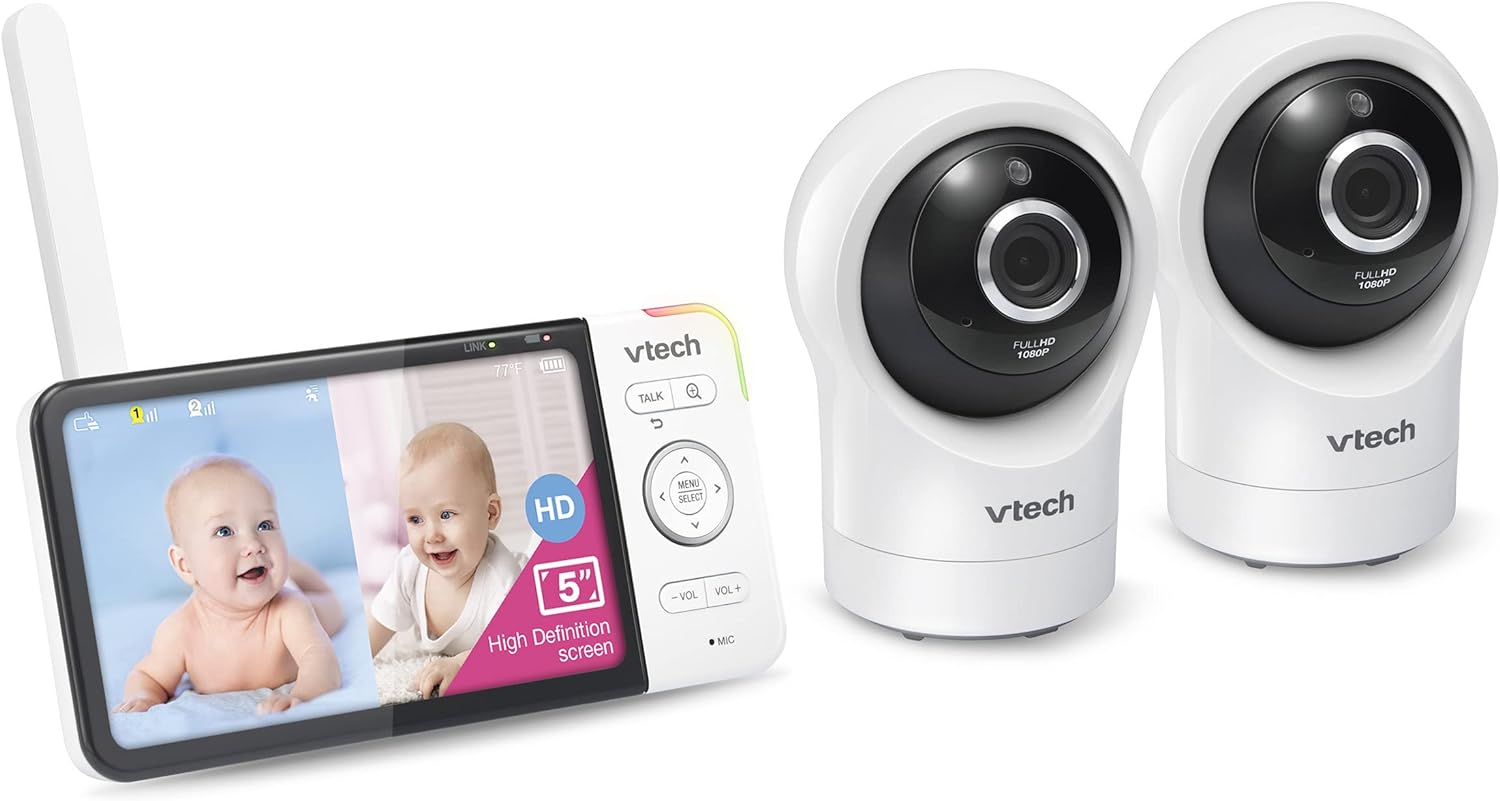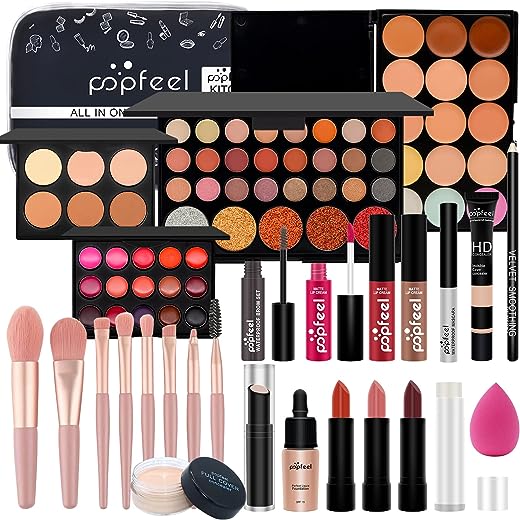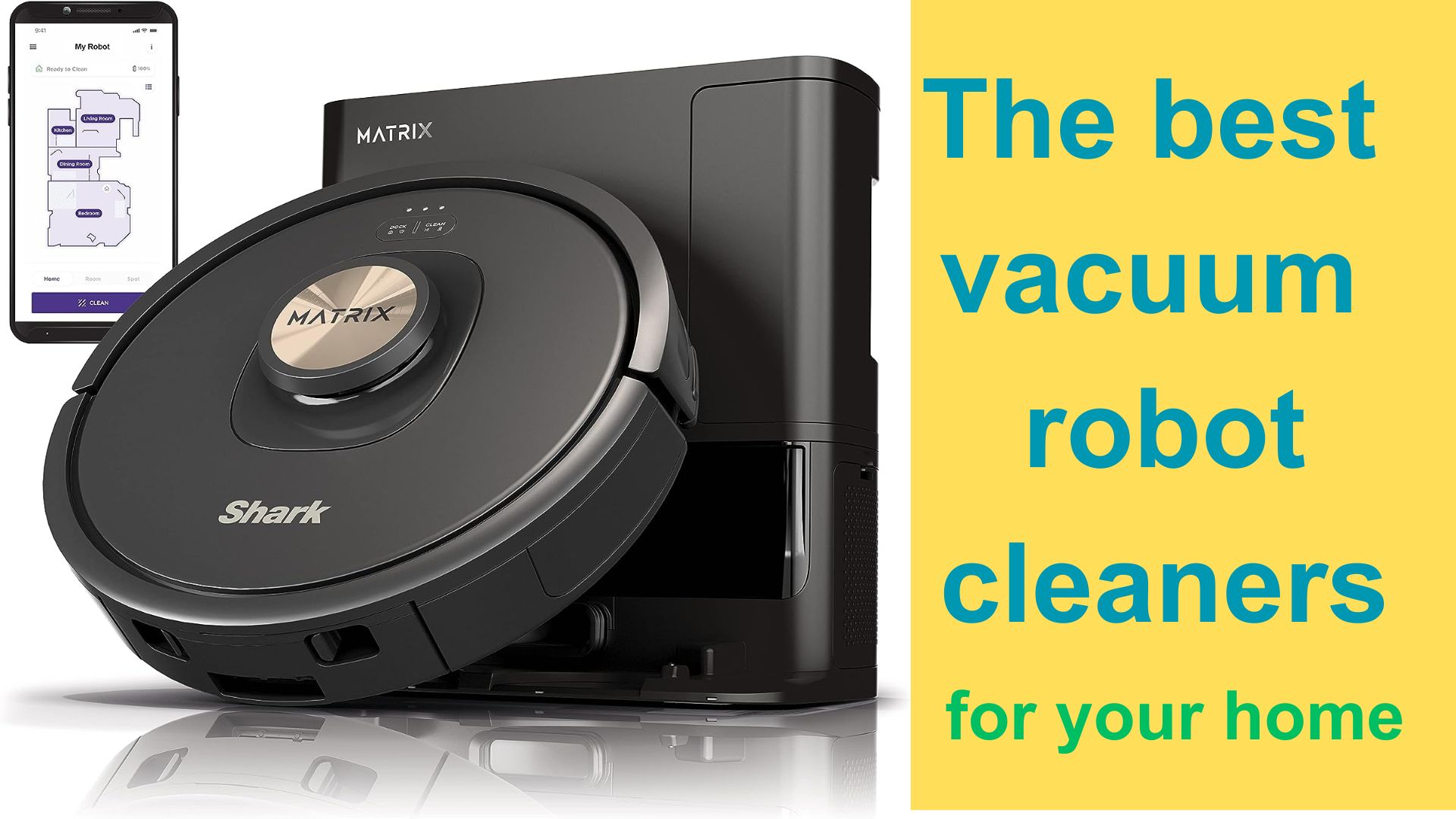Blog Categories
Recent Post
What you should to know about amazon or amazon.com
What is amazon and amazon.com?
Amazon.com, often referred to simply as Amazon, is an American multinational technology and e-commerce company. It was founded by Jeff Bezos on July 5, 1994. Originally started as an online bookstore, Amazon quickly expanded its offerings to include a wide range of products and services, becoming one of the world’s largest online retailers.
Amazon’s primary business revolves around e-commerce, offering products across various categories such as electronics, clothing, books, household items, and more. Customers can browse and purchase products through Amazon’s website or mobile app.
However, Amazon’s scope goes far beyond e-commerce. Here are some of the key aspects of Amazon’s business:
- Amazon Prime: Amazon offers a subscription service called Amazon Prime, which provides members with benefits such as free two-day shipping on eligible items, access to streaming video and music, exclusive deals, and more.
- Amazon Web Services (AWS): AWS is Amazon’s cloud computing platform, offering a wide range of cloud services including computing power, storage, and databases to businesses and individuals.
- Kindle: Amazon developed the Kindle e-reader, which allows users to read digital books, magazines, and other content. The Kindle store provides a vast selection of e-books for purchase.
- Amazon Marketplace: Apart from selling products directly, Amazon also enables third-party sellers to list and sell their products on the platform through Amazon Marketplace.
- Amazon Studios: Amazon produces and streams original TV shows, movies, and other content through Amazon Prime Video.
- Alexa and Echo Devices: Amazon’s voice-controlled virtual assistant, Alexa, powers a range of devices like the Amazon Echo smart speakers. These devices can perform tasks, answer questions, and control smart home devices.
- Amazon Fresh and Whole Foods: Amazon offers grocery delivery services through Amazon Fresh, and it also acquired the upscale grocery chain Whole Foods Market.
- Logistics and Fulfillment Centers: Amazon has built an extensive network of warehouses and fulfillment centers to facilitate efficient storage and shipping of products.
- Amazon Advertising: Amazon provides advertising services for businesses to promote their products within the Amazon platform.
Amazon’s rapid growth and innovation have transformed it into one of the world’s most valuable and influential companies. However, it has also faced scrutiny over issues such as labor practices, competition, and its impact on traditional retail. Despite controversies, Amazon continues to be a major player in the tech and retail sectors, shaping the way people shop, consume media, and use technology.
What are 5 facts about Amazon?
Early Days as a Bookstore: Amazon was founded in 1994 by Jeff Bezos in Seattle, Washington. It originally started as an online bookstore but quickly expanded to offer a wide range of products, becoming one of the pioneers of e-commerce.
nnovations in E-Commerce: Amazon played a crucial role in shaping modern e-commerce practices, including the use of personalized recommendations, one-click ordering, and customer reviews. These features have become standard in the online shopping experience.
Diverse Product and Service Offerings: While Amazon started with books, it now sells a staggering variety of products, ranging from electronics and clothing to groceries and furniture. Additionally, Amazon offers services like cloud computing through Amazon Web Services (AWS) and streaming through Amazon Prime Video.
Global Reach and Logistics: Amazon has a vast global presence, with operations in numerous countries. Its extensive network of warehouses, fulfillment centers, and delivery systems allows for quick and efficient shipping to customers around the world.
Disruptive Technologies: Amazon’s Echo devices with the Alexa virtual assistant have had a significant impact on the smart home market. Alexa’s voice-controlled capabilities have popularized voice assistants and spurred the development of smart home ecosystems.
What should people know about Amazon?
Here’s what people should know about Amazon:
Diverse Impact: Amazon’s influence extends beyond online shopping. It’s a major player in cloud computing, digital entertainment, and smart technology.
Market Dominance and Competition: Amazon’s size and market power have led to debates about its impact on competition, traditional retail, and labor practices.
Innovation and Investment: Amazon is known for its willingness to invest in long-term projects and innovations, even if they initially seem risky.
Customer-Centric Approach: Amazon’s success is largely attributed to its focus on customer satisfaction, convenience, and building strong customer relationships.
Complex Corporate Structure: Amazon’s structure includes various subsidiaries, divisions, and services, such as Amazon Fresh, Amazon Go stores, and Whole Foods Market.
What I know about Amazon is based on information available up until September 2021. As of my last update, I have no information about events or developments related to Amazon that have occurred after that date.
Amazon is a multinational conglomerate, primarily known as an e-commerce and technology company. Its diverse business operations include online retail, cloud computing, digital streaming, artificial intelligence, and more. It has a significant presence in both the consumer and business sectors, making it one of the world’s largest and most influential companies.
FAQs about amazon.com
-
What is Amazon.com?
Amazon.com is an American e-commerce and technology company founded by Jeff Bezos in 1994. It started as an online bookstore but has since evolved into a massive online retailer offering a wide range of products, services, and technologies.
-
What does Amazon sell?
Amazon sells an extensive array of products, including electronics, books, clothing, home goods, beauty products, groceries, and more. It also provides digital content such as e-books, music, movies, and TV shows through its platform.
-
What is Amazon Prime?
Amazon Prime is a subscription service that offers members various benefits, including free and fast shipping on eligible items, access to streaming content like movies and TV shows, exclusive deals, and more.
-
What is Amazon Web Services (AWS)?
Amazon Web Services (AWS) is a cloud computing platform that provides various services such as computing power, storage, databases, analytics, and machine learning tools to individuals, businesses, and organizations.
-
What are Amazon Echo devices and Alexa?
Amazon Echo devices are smart speakers powered by Alexa, Amazon’s voice-controlled virtual assistant. Alexa can perform tasks, answer questions, control smart home devices, play music, and more, all through voice commands.
-
How does Amazon Marketplace work?
Amazon Marketplace is a platform that allows third-party sellers to list and sell their products on Amazon. Sellers can use Amazon’s infrastructure to reach a wide customer base and fulfill orders using Amazon’s logistics.
-
What is Amazon’s impact on traditional retail?
Amazon’s growth has disrupted traditional retail, leading to the decline of some brick-and-mortar stores. Its emphasis on online shopping, convenience, and competitive pricing has changed consumer shopping habits.
-
How has Amazon impacted the tech industry?
Amazon’s innovations have influenced various technology sectors, such as e-commerce, cloud computing, voice assistants, and digital streaming. It has set standards for customer experience and operational efficiency.
-
What is Amazon’s stance on sustainability?
Amazon has taken steps to improve its sustainability practices, including initiatives to reduce carbon emissions, invest in renewable energy, and work towards environmentally friendly packaging.
-
How does Amazon handle data security and privacy?
Amazon takes data security and privacy seriously, implementing measures to protect customer data and maintain the confidentiality of transactions. However, like any major online platform, it has faced privacy concerns and controversies.
-
Does Amazon operate globally?
Yes, Amazon has a global presence and operates in multiple countries, offering localized versions of its website and services to cater to different markets.
-
What is Amazon Fresh and Whole Foods?
Amazon Fresh is a grocery delivery and pickup service that allows customers to order groceries online. Whole Foods is a chain of high-end grocery stores that Amazon acquired, offering organic and natural products.
How to sell products on amazon?
Selling products on Amazon involves setting up a seller account and listing your products on the platform. Here’s a step-by-step guide to help you get started:

1. Decide on Your Business Model:
Determine whether you want to sell as an individual seller or a professional seller. Individual sellers pay per item sold, while professional sellers pay a monthly subscription fee but gain access to additional tools and features.
2. Create an Amazon Seller Account:
Go to the Amazon Seller Central website (sellercentral.amazon.com) and sign up for an account. You’ll need to provide your business information, bank account details, and tax information.
3. Choose a Selling Plan:
Select either the Individual or Professional selling plan. The Professional plan is recommended if you plan to sell more than 40 items per month.
4. List Your Products:
After creating your account, you can start listing your products. Follow these steps:
Click on the “Inventory” tab in Seller Central.
Choose “Add a Product” and search for your product using its UPC, ISBN, EAN, or product name.
If your product is already listed, you can simply click on it and add your offer. If not, you’ll need to create a new product listing.
5. Set Product Details:
Provide accurate product details, including the title, brand, description, images, and any other relevant information. Make sure your product listing is clear and attractive to potential customers.
6.Set Product Price:
Determine your product’s price, taking into account factors like your costs, competitors’ prices, and Amazon’s referral fees. Keep in mind that competitive pricing can attract more buyers.
7. Determine Shipping Options:
Decide whether you want to handle shipping yourself (fulfillment by merchant) or use Amazon’s fulfillment service (fulfillment by Amazon, or FBA). FBA allows Amazon to store, pack, and ship your products to customers.
8. Manage Inventory:
Monitor your inventory levels to avoid stockouts. You can use Amazon’s inventory management tools to track your stock and set up automatic reorder notifications.
9. Handle Orders:
When a customer places an order, Amazon notifies you via email or through Seller Central. You can either fulfill the order yourself or let Amazon’s FBA handle it for you.
10.Provide Great Customer Service:
Promptly respond to customer inquiries and address any issues or concerns. Positive customer reviews and feedback are essential for building trust and credibility.
11. Monitor Performance:
Regularly check your seller metrics in Seller Central. Amazon evaluates sellers based on factors like order defect rate, late shipment rate, and feedback rating. Maintaining good metrics is important for staying in good standing with Amazon.
12.Optimize Listings:
Continuously optimize your product listings based on customer feedback, sales data, and competitive analysis. Use high-quality images, compelling descriptions, and relevant keywords.
Selling on Amazon can be a lucrative opportunity, but it also requires careful planning and execution. Make sure to familiarize yourself with Amazon’s policies and guidelines, and stay informed about any updates or changes that may affect your selling experience.
















